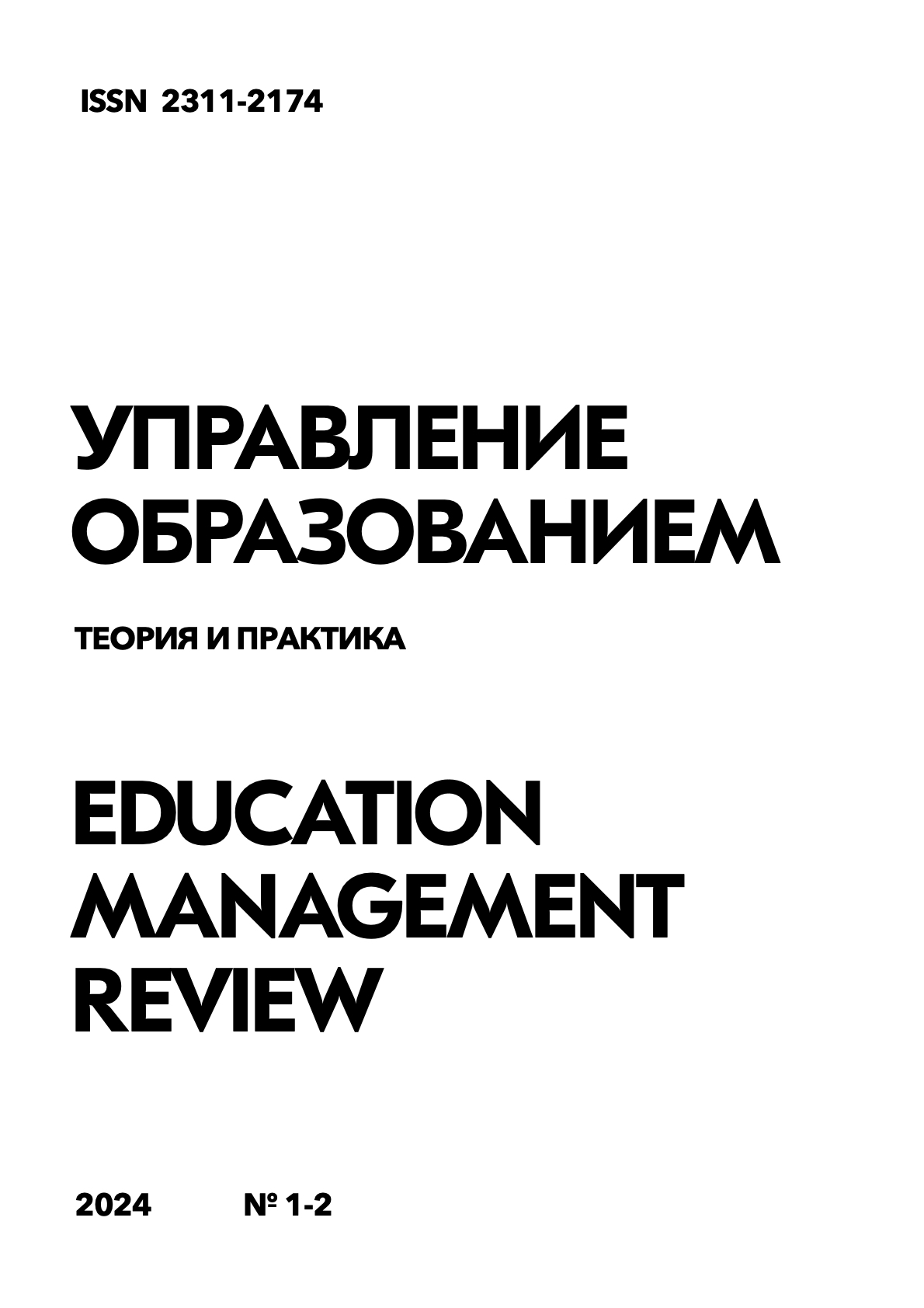Historical and pedagogical study of the use of Latin words in newspaper headlines
DOI:
https://doi.org/10.25726/i1782-9949-7631-nKeywords:
latin words, newspaper headlines, media, communication, perceptionAbstract
The article examines the use of Latin expressions in the headlines of modern newspapers. The authors analyze how Latin words and phrases affect readers' perception and interpretation of headlines. Examples from Russian and foreign media are considered, as well as the historical context of the use of Latin in the media. The aim of the study is to understand how Latin words enhance communication and impact on the audience. The relevance of the research lies in the fact that in the modern information society, where the speed of information transmission plays a key role, newspaper headlines are a powerful means of attracting readers' attention. One of the notable elements used in headings are Latin words. Such words, although belonging to an ancient language, are still widely used in modern mass media, as they often have brevity and strong emotional coloring. In addition, with the increase in international relations and global communications, the use of Latin words in newspaper headlines is becoming a means of communication and understanding between different cultures and languages. Latin words and phrases, recognizable and understandable in many countries, facilitate the transfer of information and strengthen ties between different linguistic communities. Studying the words and phrases that attract the most attention, interest and reactions from the audience will help you understand how these words affect the effectiveness of communication in modern media. The object of the study: Latin headlines in newspapers. The subject of the study is the relationship between the semantics of Latin words in headlines and the content of newspapers. Purpose: based on scientific articles, to identify the influence of Latin words in newspaper headlines on associations and perception among readers.
References
Ахмедов Ф. Н., Иванова И. Г. Латинские изречения как эмблемы английских футбольных клубов // 2020. URL: ЛУЧШАЯ ИССЛЕДОВАТЕЛЬСКАЯ СТАТЬЯ 2020 : сборник статей III Международного научно-исследовательского конкурса, Петрозаводск, 20 декабря 2020 года. Том Часть 2. Петрозаводск: Международный центр научного партнерства «Новая Наука» (ИП Ивановская Ирина Игоревна), 2020. С. 217-222.
Баранин С.В., Ма Т.Ю. Латинские изречения в британской "качественной прессе" (на материале публикаций сетевой версии газеты "the Guardian") // Современная наука: актуальные проблемы теории и практики. Серия: Гуманитарные науки. 2017. № 1. С. 143-147.
Вороничев О.Е. О лингвостилистической типологии устаревших слов // Русский язык в школе. 2000. № 3. С. 75-79.
Газда Й., Отевржелова Я. Языковая игра в газетных заголовках URL: https://is.muni.cz/el/1421/podzim2007/RJB_16/um/hra_titulky.pdf
Дубинская А.С., Малиновская Е. . Латинские рекламные объявления и политические слоганы как явление Российской интернет-культуры // Коммуникативные исследования. 2015. № 2 (4). С. 122-127.
Дягилева И. Б. Латинские слова и выражения в русских газетах первой половины XIX века // Академик А. А. Шахматов: жизнь, творчество, научное наследие : Сборник статей к 150-летию со дня рождения ученого / Отв. ред. О. Н. Крылова, М. Н. Приемышева ; Российская академия наук ; Институт лингвистических исследований ; Санкт-Петербургский институт истории ; Санкт-Петербургский филиал архива РАН ; Санкт-Петербургский научный центр ; Объединенный научный совет по общественным и гуманитарным наукам. Санкт-Петербург : Общество с ограниченной ответственностью "Нестор-История", 2015. С. 536-541.
Ивлева М. А., Серпутько А.С. Грамматические изменения латинских заимствований в современном английском языке на материале корпуса журнала "TIME" // Межкультурная коммуникация: лингвистические аспекты: Сборник статей международной научно-практической конференции, Новосибирск, 22–23 апреля 2015 года. Новосибирск: Новосибирский государственный технический университет, 2015. С. 222-227.




